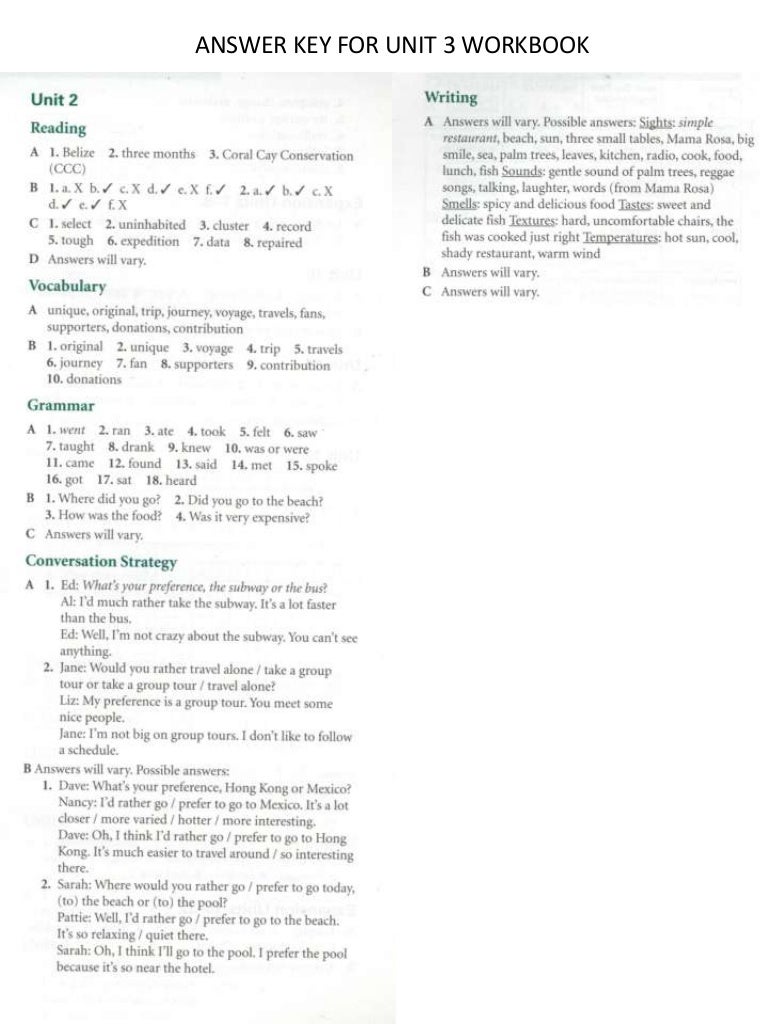- Unit 3 Greece And Romemr Volkmar's Course Pages Page
- Unit 3 Greece And Romemr Volkmar's Course Pages Telephone Directory
- Unit 3 Greece And Romemr Volkmar's Course Pages
- Unit 3 Greece And Romemr Volkmar's Course Pages Blanches
Unit 3 Greece And Romemr Volkmar's Course Pages Page

Unit 1 > 7 Ancient Rome9.3 CLASSICAL CIVILIZATIONS: EXPANSION, ACHIEVEMENT,DECLINE: Classical civilizations employed a variety of methods toexpand and maintain control over vast territories. They developed lastingcultural achievements. Both internal and external forces led to the eventualdecline of these empires. (Standards: 2,3, 5; Themes: MOV, TCC, GEO, GOV, CIV) 9.3a - Geographic factors encouraged and hindered astate’s/empire’s expansion and interactions.
9.3b - Empires used belief systems, systems of law, forms ofgovernment, military forces, and social hierarchiesto consolidate and expand power.
9.3c - A period of peace, prosperity, and culturalachievements can be designated as a Golden Age.
9.3d - Political, socioeconomic, and environmental issues,external conflicts, and nomadic invasions led to thedecline and fall of Classical empires.
Ancient Rome (From Republic to Empire) The Hellenistic Age came to an end as the Romans conquered much of the Mediterranean. But the influence of the Greeks lived on in Roman culture. Rome’s location and its policies contributed to the expansion of Roman power. ------------------------------------------------------------- ---------------------------------------------------------------------------- Remediation Contributions of the Ancient Romans—law (Twelve Tables), architecture, literature,roads, bridges ------------------------------------ 7. Which quotation from the teachings of Confucius is most similar to the Golden Rule from Judeo- Christian teaching? (q 7 Ju 03) 1)“If a ruler is upright, all will go well without orders.” 2)“By nature, men are pretty much alike. It is learning and practice that set them apart.” 3)“While a father or mother is alive, a son should not travel far.” 4)“Do not do to others what you do not wish for yourself.” Subpages (10):Ancient Rome Unit PlanRome Day 1 GeographyRome Day 2 Structure of the RepublicRome Day 3 Punic WarsRome Day 4 Republic to EmpireRome Day 5 Roman SocietyRome Day 6 ChristianityRome Day 7 Fall of RomeRome Day 8 ReviewRome Test Concepts |
Unit Information > Unit 13: Ancient Rome
|
UNIT 4 STUDY GUIDE: Greece & Rome LESSON 1: The Importance of Geography (notes, handouts) Terms to Learn: Aegean Sea Mediterranean Sea Alps Apennine Mountains Tiber, Po & Arno rivers North, Latium & Campania plains Study Questions: 1. Be able to locate the Greek and Italian peninsulas and their major geographic features on a map. 3 major wars between Carthage and Rome over power and territory/land-Carthaginian general who was a brilliant military strategist-A city with its own laws, rulers and money; like a mini country-Belief in many gods-Conflict between groups within the same country-A military leader of Rome-A group of 3 leaders-'Exhaulted one' or emperor-'Roman Peace'.
Unit 3 Greece And Romemr Volkmar's Course Pages Telephone Directory

Unit 3 Greece And Romemr Volkmar's Course Pages

Unit 3 Greece And Romemr Volkmar's Course Pages Blanches
Ancient Greece - Geography. Ancient Greece - Gods, Myths. Ancient Greece - City-States. Ancient Greece - Daily Life. Ancient Greece - Famous People. Ancient Greece - Homer's Odyssey. Ancient Greece - Inventions. Ancient Greece - Jeopardy, Quizzes. Ancient Greece - Minoans, Mycenaeans, Dorians. Ancient Greece - Olympics. Ancient Greece - Theatre.

